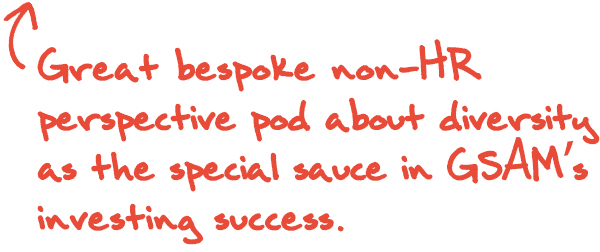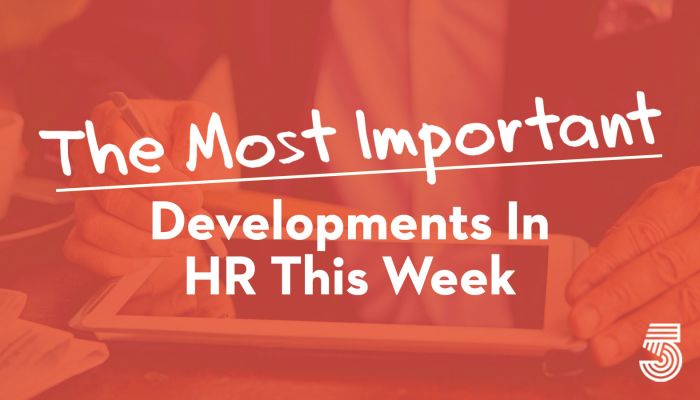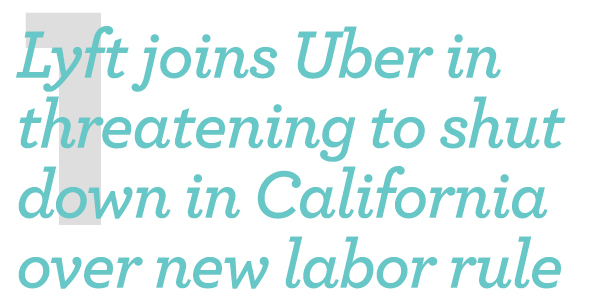
The CEO of ride-hailing app Lyft threatened to shut down service in California, joining a similar warning made earlier this week by competing company Uber. The threats to shutter service in the state come after a San Francisco Superior Court judge ruled earlier this week that Uber and Lyft must classify drivers as employees rather than independent contractors. The ruling comes after California officials’ attempt to make the companies comply with Assembly Bill 5, which enforces more restrictions on employee classifications. The judge granted a 10-day stay for the ruling, and Uber and Lyft said they plan to appeal. The companies are also backing a measure that will appear on the ballot in California in November that exempts gig companies, such as Uber and Lyft, from Assembly Bill 5. Uber CEO Dara Khosrowshahi said Wednesday on MSNBC he hoped the court would hold off on decisions until after the election. If not, he said the company would be forced to stop its service for at least three months. The Hill
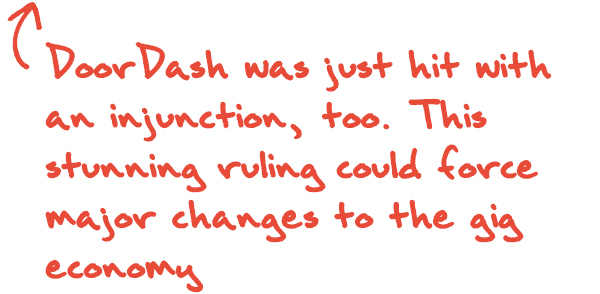
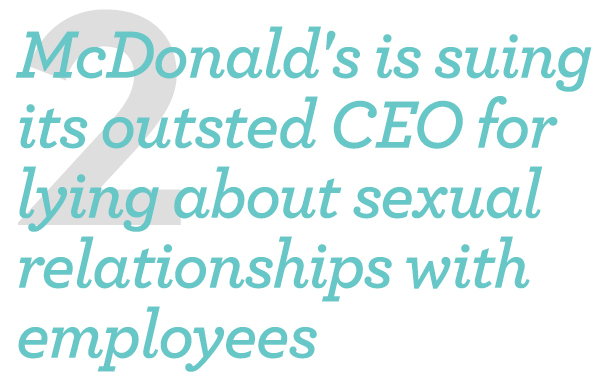
Ousted McDonald’s CEO Steve Easterbrook lied to the board about the extent of his relationships with employees, the company alleged in a new lawsuit. He misled investigators about engaging in physical sexual relationships with three employees in the year before his ouster, according to the documents. Now, McDonald’s is suing Easterbrook for the amount of his exit package: about $40 million. The company cut ties with Easterbrook in November. At the time, McDonald’s board said the executive had violated company policy and “demonstrated poor judgment” by engaging in a consensual relationship with an employee. In legal documents filed Monday morning, McDonald’s said that an internal investigation found other relationships and evidence that Easterbrook lied and destroyed records to conceal his behavior. CNN
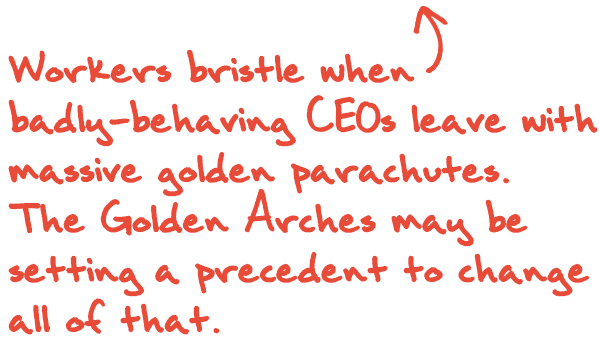
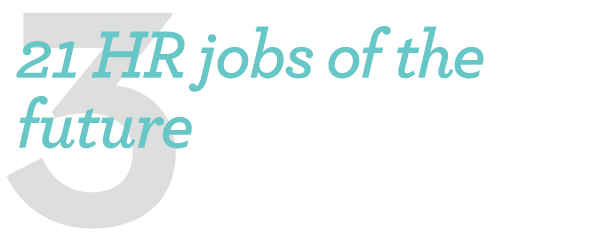
We believe this is HR’s moment to lead organizations in navigating the future. They have a tremendous opportunity, and responsibility, to provide workers with guidance on the skills and capabilities they will need to be successful over the next decade as new roles continue to emerge. With that in mind, The Cognizant Center for Future of Work brought together the Future Workplace network of nearly 100 CHROs, CLOs, and VPs of talent and workforce transformation to envision how HR’s role might evolve over the next 10 years. This brainstorm considered economic, political, demographic, societal, cultural, business, and technology trends. While some of the roles we identified are entirely new positions, others are new responsibilities that are becoming increasingly important as HR re-imagines and reboots its strategy in light of the pandemic. All 21 jobs embody five core themes we came across in our research: individual and organizational resilience, trust and safety, creativity and innovation, data literacy, and human-machine partnerships. HBR

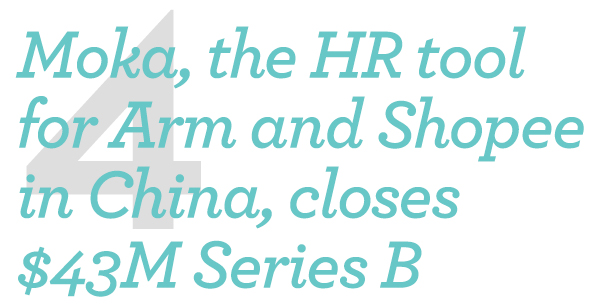
Investors are betting on the automation of human resources management in China. We reported last year that Moka, one of the key players in the space, secured roughly $27 million for its Series B led by Hillhouse Capital. This week, the startup announced closing a Series B+ at over 100 million yuan ($14.4 million), lifting its total raise for the B round to 300 million yuan ($43.2 million). Chinese investors have in recent years shifted more attention to enterprise-facing products as the consumer tech market becomes crammed. Moka makes software to aid HR managers’ day-to-day operations, from posting job openings, discovering potential candidates, to managing current staff. For instance, Moka will alert the HR manager when employees update their resumes, a sign that they could be sniffing out new opportunities. Techcrunch

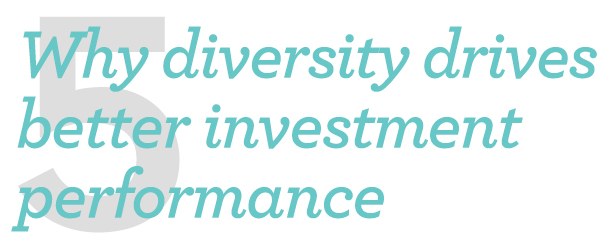
Katie Toch, co-head of the Fundamental Equity business within Goldman Sachs Asset Management, talks about why diversity gives her investing teams a competitive edge. Diversity is a competitive advantage to Goldman Sachs’ investment teams. Toch explains it’s important to frame diversity as not just as an issue of equitability, which it is, but as an important business issue of profitability for Goldman Sachs and their clients. She is in the business of fundamental investing, or human-based investing. The way to frame that perspective is by bringing in people with varying views and backgrounds, including gender, cultural, and generational. She gives examples of each, for an interesting listen. Exchanges at Goldman Sachs podcast
